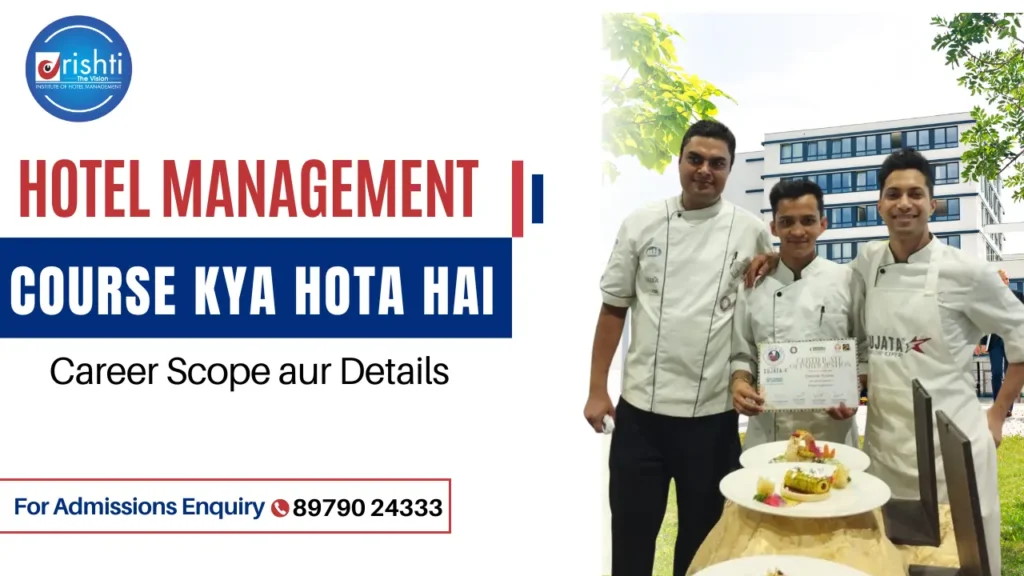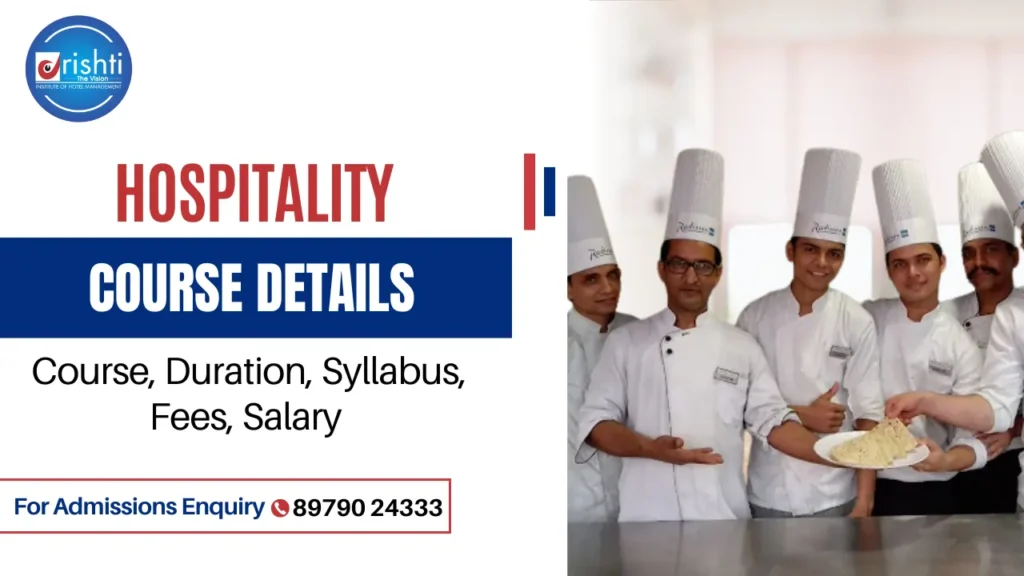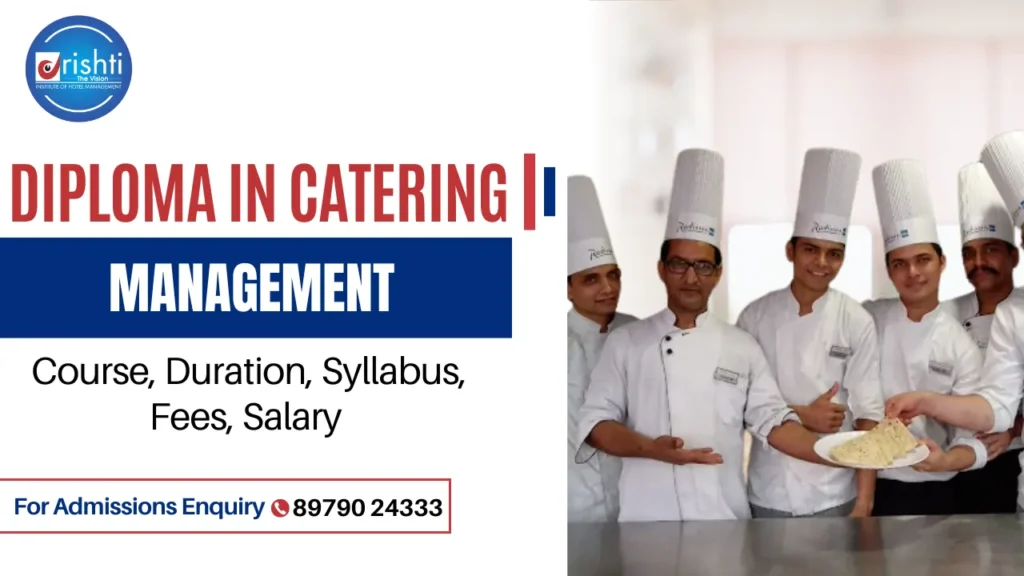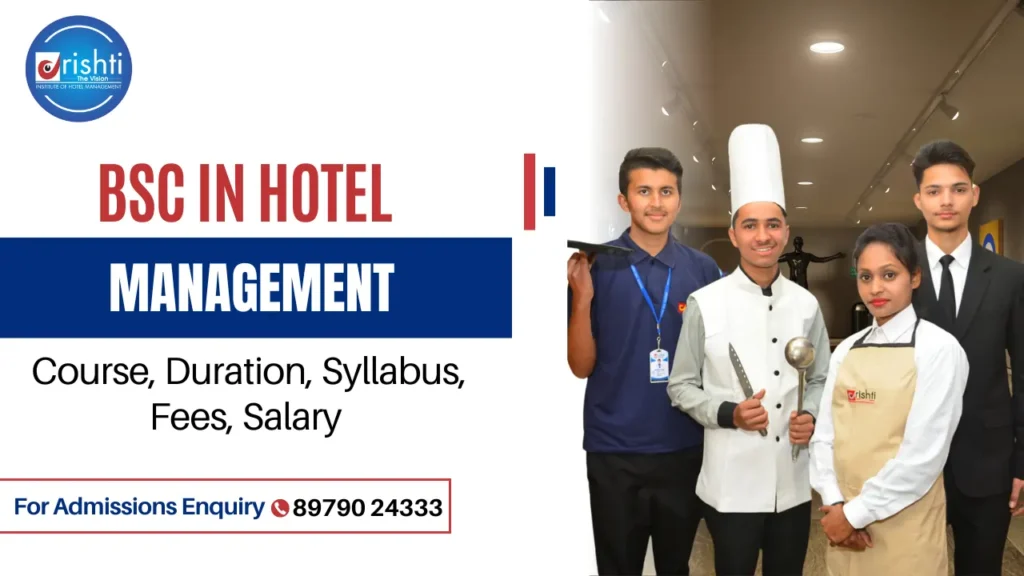Hotel Management Diploma: Subjects, Syllabus, Fees & Top Institutes in Haldwani
The hospitality industry thrives on skilled professionals, but aspiring hoteliers often face roadblocks when choosing a diploma in hotel management. With confusing hotel management syllabus details and unclear career pathways, students struggle to align their education with industry demands. Let’s address these hurdles head-on: Pain Points in Hotel Management Education Solutions: Your Pathway to SuccessAt the best hotel management institute in Haldwani, we resolve these challenges with: Why This MattersA well-structured hotel management diploma syllabus bridges the gap between classroom learning and real-world hospitality demands. Whether you’re exploring how many subjects in hotel management or career outcomes, this guide clarifies every step – from hotel management subjects list to post-diploma salaries (₹3–6 LPA). Core Subjects in Hotel Management Diploma Programs Hotel management diploma programs equip students with industry-aligned skills through a balanced mix of theory and practical training. The hotel management syllabus spans 1–2 years (full-time/part-time), covering essential hotel management subjects like front office operations, food production, and hospitality marketing. Below is a detailed breakdown: Key Subject Areas A. Front Office & Accommodation Management B. Food Production & Beverage Services C. Hospitality Marketing & Financial Management D. Housekeeping & Facility Planning Semester-Wise Breakdown of Hotel Management Diploma Subjects Semester Core Subjects Practical Components 1 – Language I/II– Basic Food Production– Nutrition & Food Science – Front Office Simulations– Kitchen Lab Sessions 2 – Accommodation Operations– Health & Hygiene– Food & Beverage Service – Housekeeping Mock Rooms– Restaurant Service Training 3 – Principles of Management– Beverage Operations– Hotel Law – Bar Management Workshops– Financial Software Training 4 – Advanced Food Production– Facility Planning– Marketing Sales – Industrial Internships (4–6 months)– Event Management Projects Practical vs. Theoretical Components Component Key Features Theoretical Training – Covers hotel management course subjects like hospitality law, tourism trends, and organizational behavior. Practical Training – 60% hands-on learning: Mock labs, live projects, and internships at 4-star+ hotels– Industrial exposure: Real-world challenges in F&B service, event coordination, and guest relations Why Focus on Core Subjects? Fees and Financial Considerations Understanding the 1-year diploma in hotel management fees and funding options is crucial for students planning their education. Here’s a detailed breakdown of costs, scholarships, and financial strategies: Fee Range Across Institutes Institute Type Fee Range (1-Year Diploma) Key Features Government Colleges ₹50K – ₹1.5 Lakh Subsidized fees, competitive admission Private Colleges ₹50K – ₹2.2 Lakh Modern infrastructure, industry ties Scholarships & Financial Aid The best hotel management institute in Haldwani and other top colleges offer scholarships to ease financial burdens: Top Scholarships: Education Loans & EMI Options Hidden Costs & Budgeting Tips Return on Investment (ROI) Job Role Average Salary (Freshers) Front Office Associate ₹2.2–₹3 LPA Housekeeping Supervisor ₹2.5–₹3.5 LPA Restaurant Manager ₹3.5–₹5 LPA Key Takeaway:While hotel management diploma course fees vary widely, scholarships and loans make education accessible. Prioritize institutes like the best hotel management institute in Haldwani, which blend affordability (₹1–₹1.5 Lakh fees) with robust placements (80%+ recruitment) Career Prospects After a Diploma in HM A diploma in hotel management unlocks diverse career opportunities across India’s booming hospitality sector. With 8.2% projected job growth in travel and tourism (HY2 FY2025), graduates can explore roles in hotels, resorts, cruise lines, and event management. Below is a detailed breakdown of job roles, salaries, and industry trends: Key Job Roles & Responsibilities Salary Comparison for Diploma Holders Job Role Avg. Salary (Freshers) Avg. Salary (5+ Years) Hotel Manager ₹3.5–4.4 LPA ₹8–10 LPA Food & Beverage Manager ₹4.9–6.6 LPA ₹9–12 LPA Chef ₹3–3.5 LPA ₹6–8 LPA Event Planner ₹3.9–4 LPA ₹7–9 LPA Sources: AmbitionBox, Glassdoor, Payscale Industry Growth & Emerging Trends Top Recruiters for Diploma Graduates Skills Driving Employability Why Choose the Best Hotel Management Institute in Haldwani? Graduates from top institutes like the best hotel management institute in Haldwani benefit from: A diploma in HM offers lucrative salaries (₹2.5–6 LPA) and roles in a sector projected to create 6.1 million jobs by 2036. For tailored training and global opportunities, enroll at the best hotel management institute in Haldwani today Conclusion: Your Pathway to Hospitality Leadership A hotel management diploma equips students with industry-ready skills through a balanced curriculum of core subjects (front office operations, food production, hospitality law) and practical training. With 1-year diploma fees ranging from ₹50,000–₹2.2 Lakh and scholarships/EMIs easing financial burdens, this program offers high ROI for aspiring hoteliers. Key Takeaways: For a career-focused education aligned with global standards, enroll in a diploma in hotel management at the best hotel management institute in Haldwani, where industry partnerships and hands-on training pave the way to success. CTA: Ready to start your journey? Explore diploma in HM programs today and unlock a world of hospitality opportunities!











